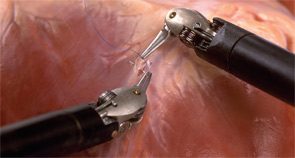There are otolaryngologists who focus their surgical practices on patients with thyroid/parathyroid diseases; some have completed fellowships while others have not, and continuing board certification activities aren’t currently focused on this content. These issues, among others, were part of the genesis of the new focused practice designation.

